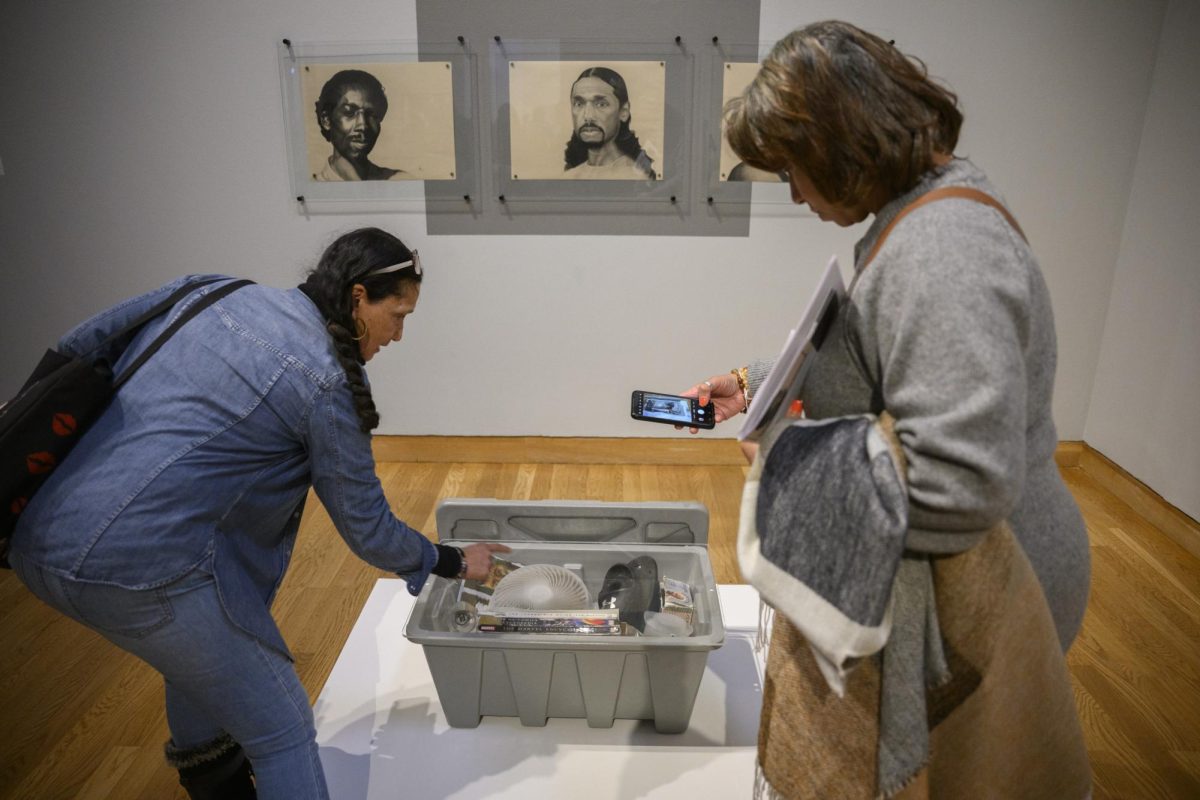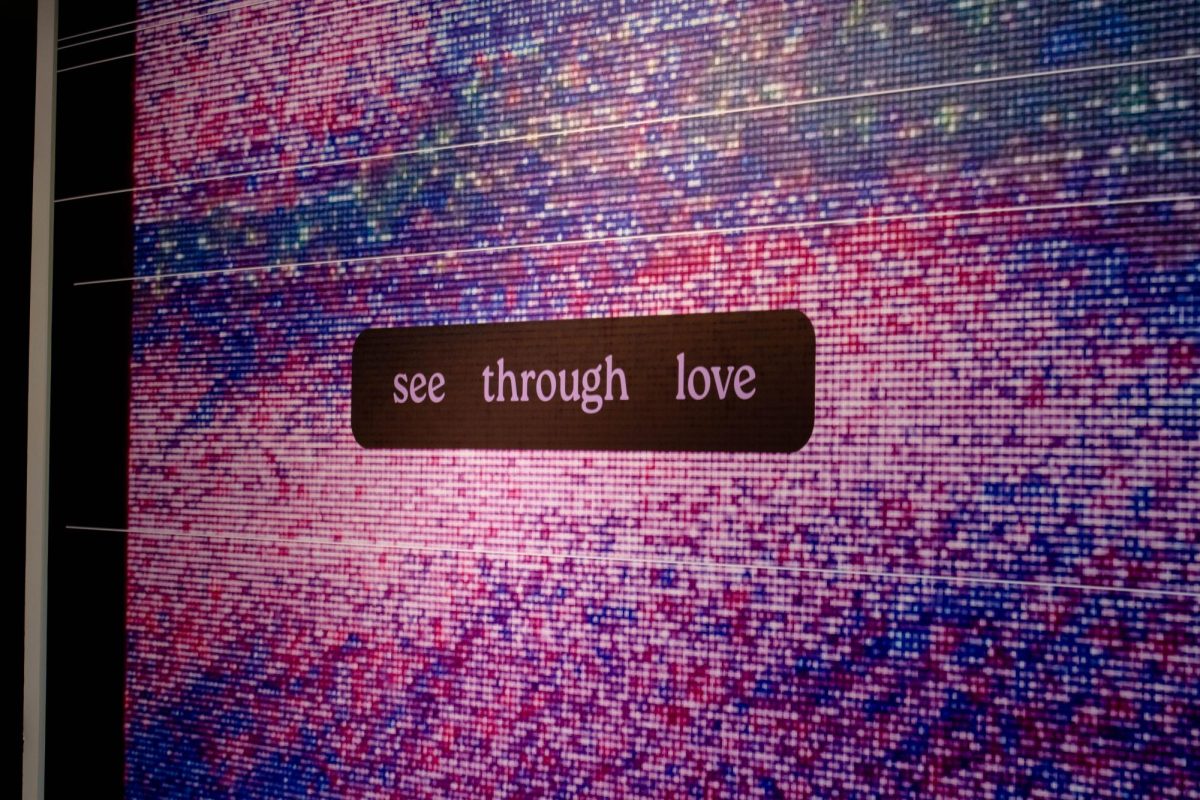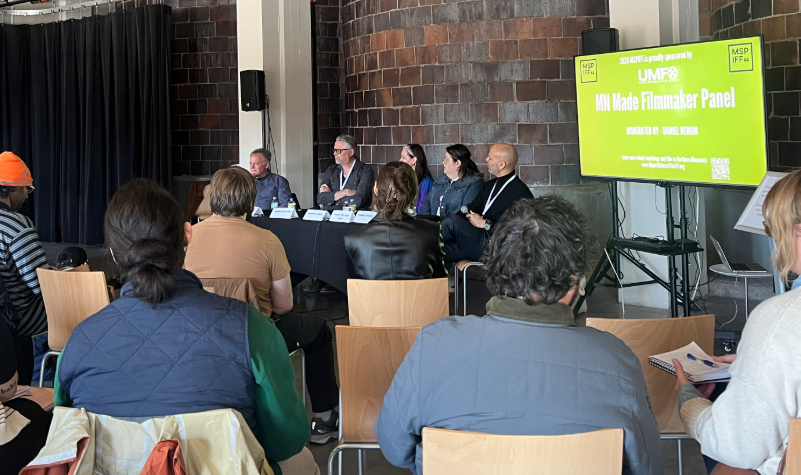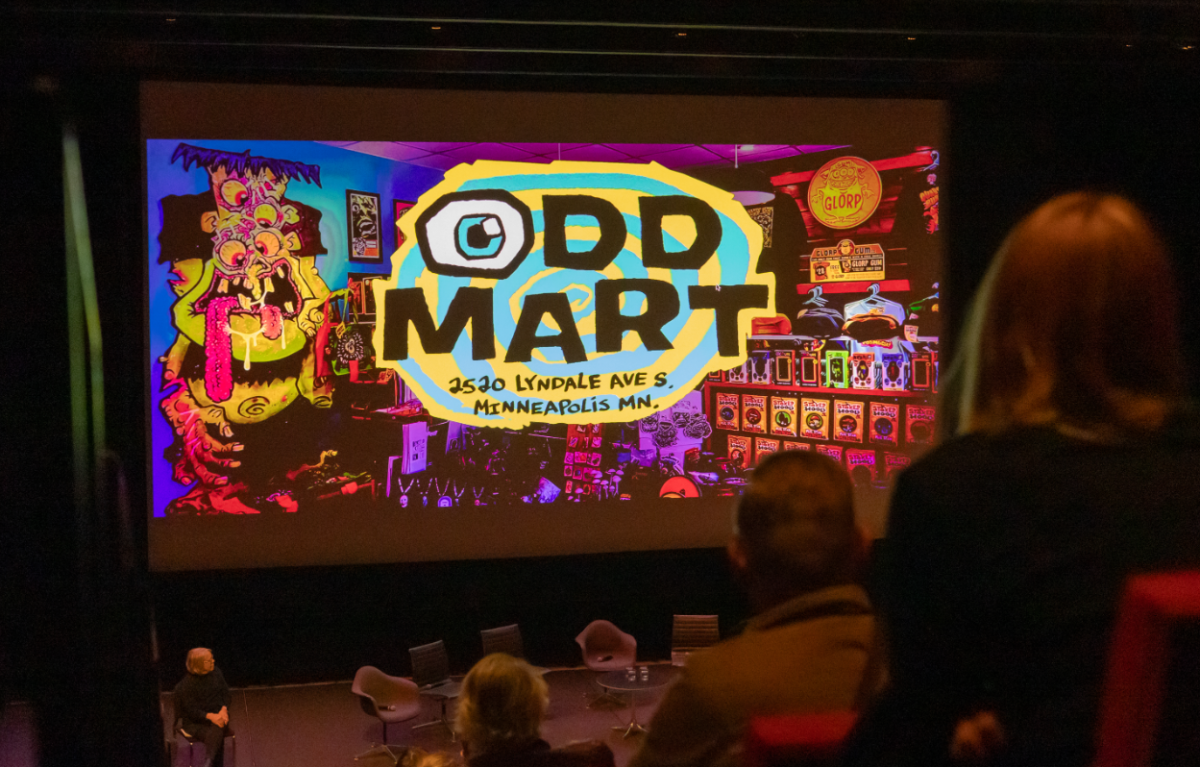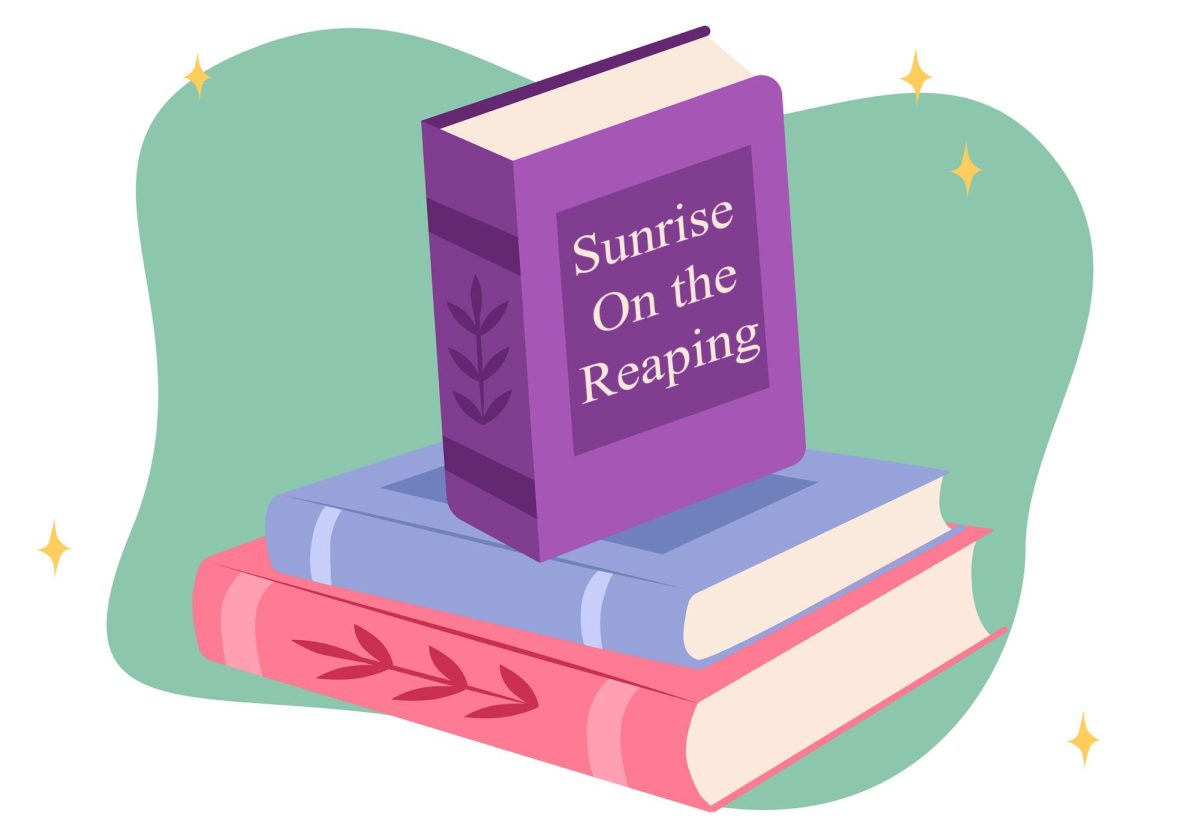WHAT: The 7-Shot Symphony
WHERE: Loring Theater, 1407 Nicollet Ave. S.
WHEN: 8 p.m., March 10-27 (showtimes vary on Sundays)
COST:$10-$25
Whether itâÄôs a rowdy saloon brawl, consistently impeccable marksmanship or a 70-mile walk through the desert, the iconic Western story is no stranger to sensational tales of cunning, tenacity and general badassery. On March 10, Ryan Underbakke and co-writer Matt Spring will bring their own pantomimed rendition of cowboy folklore to the Loring Theater, fingerguns aâÄôblazing.
âÄúItâÄôs a cowboy show. ItâÄôs gunfights and box canyon shoot-outs and stage-coach robberies and nasty saloons and beautiful music,âÄù Underbakke said.
The show, entitled âÄú7-Shot Symphony,âÄù is a series of seven vignettes involving dozens of characters played by seven actors on a set-less, prop-less stage. The actors âÄî performing in the French pantomime tradition of tréteau âÄî their bodies and voices to create the atmosphere and action on stage, which for their purpose is the gritty, unmistakable desolation and fiery action of the old Western landscape.
âÄúHaving a set would really limit our ability to show all the places we want to show in the cinematic style weâÄôre doing,âÄù performer Dustin Suggs said. âÄúWe need the imagination of the audience in order to take them to a canyon, a desolate desert, a brothel and a saloon and all these other places.âÄù
As if a play about cowboys performed in a style of French pantomime wasnâÄôt enough theoretically disparate elements, all of the showâÄôs seven stories are inspired by classic myths. Drawing from Japanese, Greek, Norse and West-African mythology, Underbakke and Spring took the tales and spun them to star the Western worldâÄôs own mythological hero, the American cowboy.
“Westerns are basically the mythology of America. It’s one of the few genres in America where you can have people do truly ridiculous things like shoot a rope at a hundred yards that’s about to hang someone,” Spring said.
In âÄú7-Shot Symphony,âÄù harp-player Orpheus is a saloon musician, afterlife overlord Hades runs âÄúThe Underworld,âÄù a seedy joint from which he asserts his control over the money and property that constantly change hands, and famed ancient Japanese sword smiths Muramasa and Masamune are translated as two gunsmiths.
All of the âÄúSymphonyâÄôsâÄù mythic characters take root in a county by the name of Deus, the Latin word for god, a name chosen, as Spring put it, âÄúâÄòcause weâÄôre nerds.âÄù
However, knowledge of mythology or pantomime is not a prerequisite to appreciating the simple plotlines of the seven-episode show. Underbakke said the creators considered this, asking, âÄúHow do we make our story as clear as possible so no one feels stupid and no one feels confused?âÄù
As it happened, the solution is to add sound effects where a dialogue or a gesture may not suffice. On March 3, âÄú7-Shot SymphonyâÄù performed a brief preview of the show for audience members attending a cabaret, hosted by local theater company Four Humors. In a 5-minute period, the troupe had a slow-motion saloon shoot-out, a frenzied getaway, a bank robbery and a contest between perfectionist gunsmiths.
The âÄúless-is-moreâÄù philosophy of the stage managed not to extend into the sound effects, which were sometimes generated by the actors themselves âÄî such as the cleverly cheeked âÄúclick-click-clickâÄù of a combination safe âÄî and other times by the band, like the instance where violinist Jenna Wyse slowly drew her bow as a performer on stage mimed opening a creaking box. However, the nearly unceasing small aural flourishes are hit-or-miss. They sometimes disrupt the stoic silence for which the West is known and can take on the character of an episode of âÄúWhose Line is it Anyway?âÄù
Wyse, who is one-fifth of âÄúTree Party,âÄù the band that scored and plays the music for the âÄúSymphony,âÄù also performs in the show alongside bandmate Joey Ford. When it comes time to tell the tale of Orpheus and Eurydice, Wyse and Ford are onstage with their instruments to sing as the musical couple of myth.
But whether theyâÄôre speaking dialogue, playing one half of a set of swinging saloon doors or fluttering their hands in the air as a makeshift bird, the actors in âÄú7-Shot SymphonyâÄù have a highly imaginative way of exploring the malleability of a performer as a prop or set-piece. There are extended, nearly silent scenes with exaggerated choreographed fights and in contrast, subtle physical humor. The meticulously rehearsed movements of the actors are reflected in their frequent ability to engage an audience and elicit laughs without saying a word.
Growing up, Spring and Underbakke had an affinity for mythology, and since his youth, Underbakke was something of an aficionado of Western films, which he would watch frequently with his father.
âÄúI think the 4-year-old in all of us still wants to be a cowboy,âÄù Underbakke said. These youth-bound fascinations manifest themselves in the levity of the humorous show, which, with its fingerguns, imaginary settings and scenarios, can sometimes seem like childâÄôs play. And just like childâÄôs play, it has instances of wild zaniness and fleeting moments of simple brilliance.





